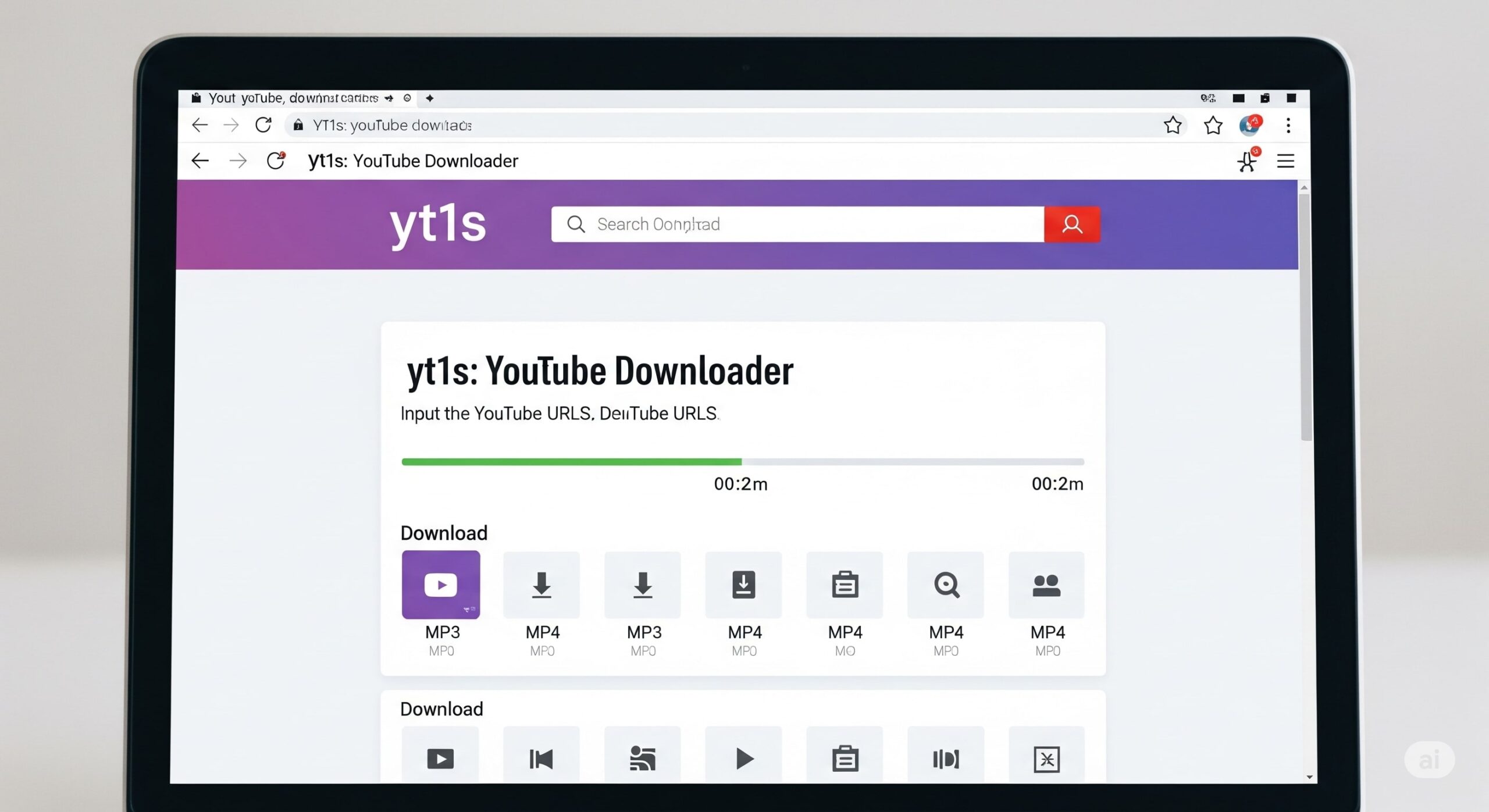The ecommerce boom has created unprecedented opportunities for entrepreneurs. Many brand owners now find themselves running businesses that generate significant revenue, attracting attention from investors and acquisition firms. While the chance to sell or scale through partnerships is appealing, choosing the wrong buyer or growth partner can turn opportunity into regret.
That’s where e commerce aggregators come in. These firms acquire or partner with multiple online brands, promising to streamline operations and drive exponential growth. But not all aggregators are equal, and the wrong one can jeopardize the brand you worked so hard to build.
What Are E Commerce Aggregators?
E commerce aggregators specialize in acquiring online brands, usually those built on platforms like Amazon, Shopify, or Walmart Marketplace. Their business model relies on acquiring multiple stores, centralizing operations, and creating efficiencies across supply chains, marketing, and logistics.
While this can be an attractive exit path for brand owners, it also places significant power in the hands of the aggregator. Choosing a partner that lacks the right resources, experience, or values can erode your brand’s equity, damage customer trust, and reduce long-term profitability.
The Promise vs. Reality of Aggregators
Aggregators often promise sellers high multiples, growth opportunities, and seamless transitions. But in reality, outcomes vary dramatically.
- Promises of Scale
Many aggregators claim they can double or triple revenue by applying their systems. However, this often assumes that what worked for one brand can be replicated across all, which is rarely the case. - Operational Efficiency
While some firms excel at logistics and marketing, others lack the expertise to manage diverse product categories, resulting in supply chain disruptions and missed opportunities. - Financial Stability
Aggregators are often backed by venture capital. If their funding dries up, your brand may not receive the promised investment, leaving it neglected.
The difference between a good and bad aggregator can mean millions in lost potential.
Risks of Choosing the Wrong Aggregator
Selling to or working with the wrong aggregator can create long-lasting consequences.
- Loss of Brand Identity
Poor management may dilute your brand by cutting costs, changing packaging, or ignoring customer experience. This erodes trust and reduces customer loyalty. - Unmet Valuation Expectations
Some aggregators overpromise valuations during negotiations but reduce offers after due diligence, leaving sellers with less than they anticipated. - Operational Failures
Without industry-specific expertise, an aggregator may mismanage supply chains, resulting in inventory shortages or delivery delays. - Legal and Compliance Issues
Missteps in compliance with marketplace regulations can result in account suspensions or penalties, harming your brand’s reputation.
These risks highlight why due diligence is as important for sellers as it is for buyers.
How to Vet E Commerce Aggregators
Before entering into negotiations, brand owners must carefully assess potential partners.
- Track Record
Look for aggregators with proven success in your niche. A firm that thrives in home goods may not perform well with supplements or apparel. - Financial Backing
Assess whether the aggregator has stable funding. Solid capital ensures they can invest in growth rather than overextending themselves. - Operational Expertise
Ask about their logistics network, technology stack, and marketing approach. Strong infrastructure is essential for scaling. - Cultural Alignment
Ensure the aggregator respects your brand’s values and customer relationships. This is critical for maintaining authenticity.
Choosing the right partner means protecting your brand’s future even after you’ve stepped back.
The Role of Timing in Aggregator Deals
Timing often influences whether a deal succeeds.
- Market Conditions
When funding is plentiful, aggregators may offer higher valuations. Conversely, economic slowdowns can tighten offers. - Business Performance
Selling during a period of strong performance maximizes multiples. Waiting until sales plateau or decline reduces leverage. - Aggregator Maturity
Established aggregators with refined systems are more reliable than new entrants still experimenting with processes.
Sellers who align timing with favorable conditions often achieve the best outcomes.
Alternatives to Aggregators
Not every brand owner needs to sell to an aggregator. Other exit paths may offer greater control and value.
- Private Equity Firms
PE firms often acquire controlling stakes but keep founders involved in operations, providing capital and expertise without full surrender of control. - Strategic Buyers
Competitors or companies in adjacent markets may pay higher premiums due to synergies. - Direct Sale to Individuals
Experienced entrepreneurs may acquire your business directly, offering flexibility in terms and structures.
Exploring alternatives ensures you don’t feel pressured into accepting the first aggregator offer.
Steps to Protect Your Value
If you decide to move forward with an aggregator, preparation is essential.
- Audit Financials
Ensure that your records are clean, accurate, and transparent. This builds credibility during negotiations. - Streamline Operations
Document processes and automate workflows where possible. Buyers are more willing to pay premiums for businesses that can run without heavy founder involvement. - Strengthen Brand Equity
Highlight your unique value proposition, customer loyalty, and growth potential. A strong brand commands higher multiples. - Engage Advisors
Working with brokers, legal experts, or M&A consultants ensures that you negotiate favorable terms and avoid pitfalls.
These steps position your brand to secure the best outcome regardless of the buyer.
Red Flags to Watch For in Aggregator Deals
Not all offers are as good as they seem. Watch for warning signs that suggest a partnership may not be in your best interest.
- Unclear Growth Strategy
If the aggregator cannot explain how they’ll grow your brand, they may be unprepared to manage it. - Aggressive Earn-Out Structures
Deals that tie most of the payout to future performance put sellers at risk if the aggregator mismanages operations. - Lack of Transparency
If financial details, management strategies, or funding sources are vague, proceed with caution.
Identifying red flags early helps you avoid costly mistakes.
Conclusion
Working with e commerce aggregators can be a profitable and efficient exit path, but only if you choose the right partner. The wrong decision can lead to undervaluation, operational missteps, and the loss of the brand identity you’ve worked hard to build. Sellers must prepare thoroughly, vet potential buyers, and remain alert to risks to protect long-term value. For entrepreneurs asking whether it’s time to sell my ecommerce business, the lesson is clear: choose partners who not only promise growth but also have the expertise, stability, and vision to deliver it.





